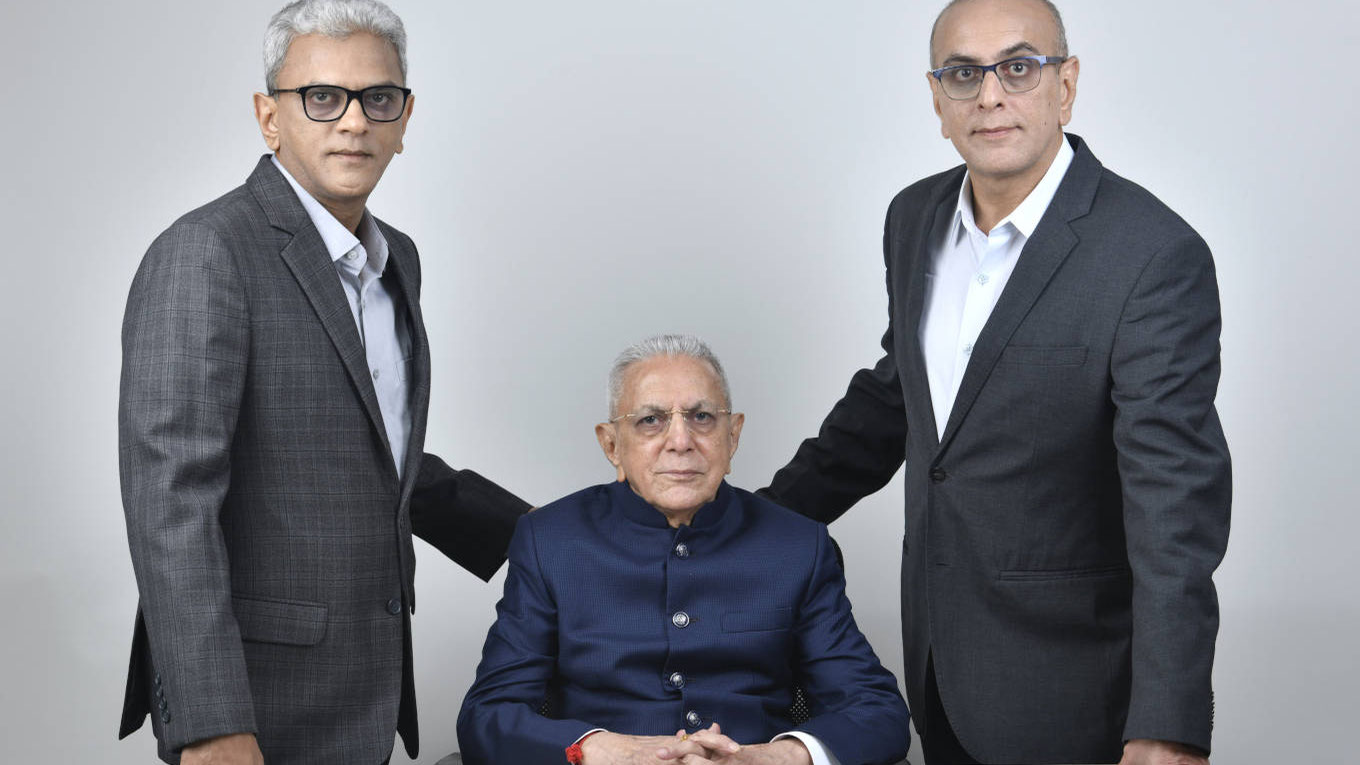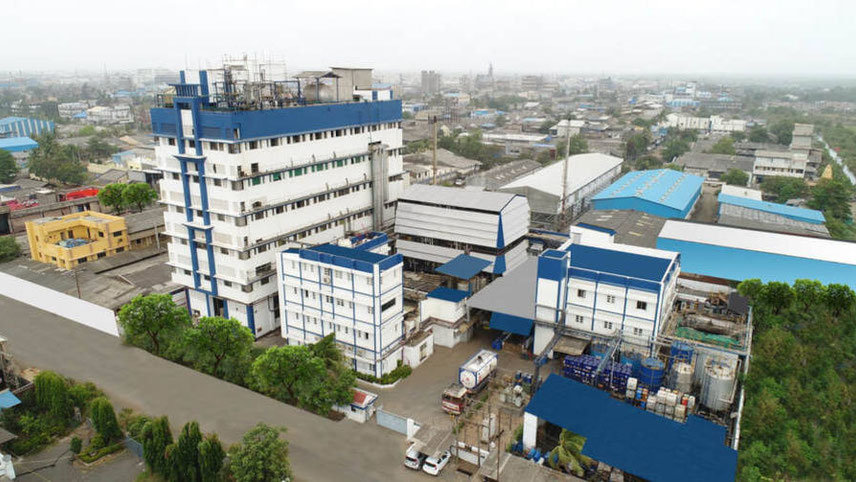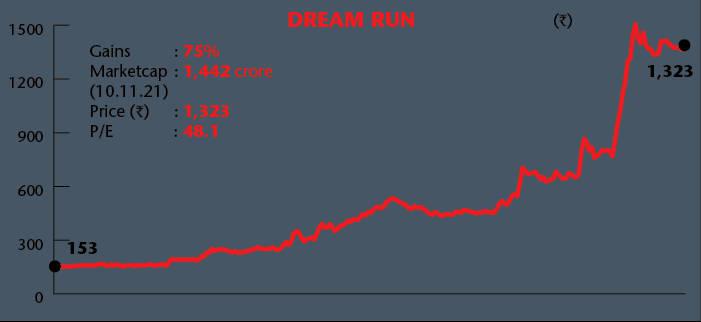Any report that there is a company whose share prices have shot up 7.7 times in the span of 12 months would probably be met with disbelief and raised eyebrows. Even financial savvy investors may be a little sceptic. The normal reaction would be that this is an operator driven company – many of which mysteriously surface during bull runs. One may be forgiven for being more than a bit circumspect about the same. The company under discussion is Yasho Industries, a BSE listed company in fine chemicals in the speciality chemical segment, with a market cap of Rs1,440 crore. The Rs10 paid up shares of the company, which were moving in the range of Rs150-160 in November 2020 are trading at around Rs1,250 a year later. Not many outside the chemical industry would have heard of Yasho Industries Ltd. The company was listed on the BSE SME exchange in 2018 and graduated to the main board in FY21. The Gujarat based chemical company, with three units in Vapi, has witnessed a dream run that may understandably cause all-round disbelief. Normal investors would have baulked at investing in a company which saw such a steep rise in prices in such a short time. The company share prices were trading at under Rs500 till as late as July 2021. But smart investors like Ashish Kacholia, Bengal Finance & Investment Private Limited, promoted by Om Prakash Agarwal and Shyam Sundar Agarwal, have increased their wealth manifold by spotting such gems way before others looked at the company differently. Like private equity companies these investors take bets on promoters and their strategy and vision, and are not guided as much by financials. They recently picked up 2.11 per cent each through a preferential issue made in October at a price of Rs855 each. The total investment was to the tune of Rs42.72 crore. At the time of listing on the SME exchange the total proceeds were around Rs10 crore and the IPO was subscribed by just 1.05x. On hearing the news about the celebrity investors taking a stake in the company, the share price moved up to Rs1,250. These investors are obviously taking a long-term review. On 11 November, when it reported its half yearly performance, other investors may well have sat up and started rating the company. For the first half of the year the company’s PAT, at Rs24.6 crore, was more than the entire profit earned in the previous year (Rs21.47 crore). The total income for the first half of the year, at Rs271 crore, was 68 per cent higher than the profit earned in the half year ended September 2020. The total income for the year was Rs359 crore. The P/E based on the last four quarters now stands at a reasonable level of 30x. A level lower than some of its competitors. Speciality chemicals prices are at heightened levels due to the disruptions in supplies from China, and global companies looking at sourcing goods from India. Volume growth is seen across sectors. Along with volume growth, Parag Jhaveri, 55, MD & CEO attributes the performance to the “change in product portfolio with more emphasis on speciality chemicals, and not just on the China + 1 strategy”. The company products may be broadly classified under five segments – aromatics, food antioxidants, rubber chemicals, lubricants and speciality chemicals. While it started with catering to the first two segments which come under the category of Fine Chemicals, the margins are better in the last three segments: rubber, lubricants and speciality chemicals. The margins are in double digits. In aromatics, the company caters to personal products like cosmetics, flavours, fragrances, toothpaste, etc. Likewise in food and synthetic antioxidants, it markets its products under the brand Yantq and caters to animal feed and bakeries (wafers). Its rubber chemicals cater to manufacturers of rubber tyres and components like conveyer belts, surgical gloves, latex gloves and condoms. Lubricant additives are used in engine oil and grease. Speciality chemicals are needed in printing inks, colours, bulk drugs, API and agro chemicals.
-

The Jhaveris: going from strength to strength



































